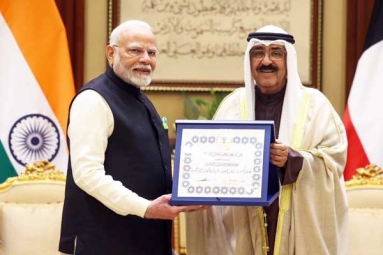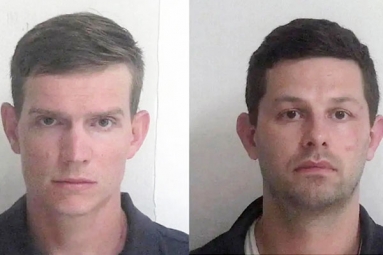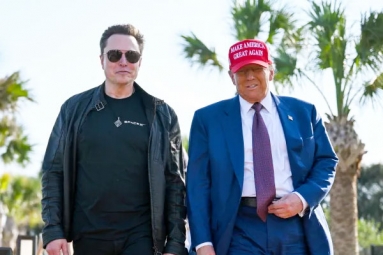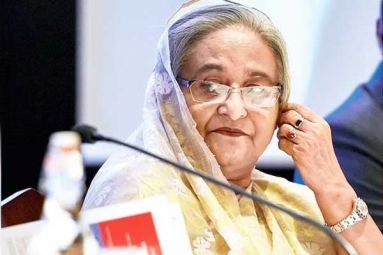
Dr. Heval Kelli has treated all kinds of patients while studying in Atlanta to become a physician. Unlike most of his patients, the Morehouse School of Medicine graduate was not born in the U.S. He and his Kurdish family came to the U.S. as refugees in the year 2001, fleeing persecution in Syria and settling first in the Clarkston and then in Gwinnett County. Kelli started out washing dishes at the local Mediterranean restaurant to support his family. Now he is working just a short distance away as a cardiology fellow at the Emory University School of Medicine.
Kelli is one among the estimated 7,000 doctors in U.S., in which more than 200 of them in Georgia, who came from the six Muslim-majority countries targeted by the President Donald Trump’s travel ban. That ban is now on hold in the federal courts. According to researchers at the Harvard University and Massachusetts Institute of Technology, those physicians provide an estimated 14 million appointments each year for the patients. And many of those patients live in the medically underserved rural areas which voted overwhelmingly for Trump.
The Trump administration is appealing one of the U.S. federal courts decisions to temporarily halt the travel ban. Meanwhile, the critics worry that if the stay is lifted, the executive order could stem the flow of foreign medical students and also doctors to the United States.
There is already a shortage of doctors in the America and if you are preventing them from coming here to become doctors, you are hurting the healthcare system of America, said Kelli, who has treated patients at the Emory’s hospitals, the Atlanta VA Medical Center, Grady Memorial Hospital and also at the Clarkston Community Health Center.
The ban seeks to bar visitors from the six predominantly Muslim countries for 90 days while the U.S. government bolsters its security screening process. Trump administration officials pointed to exemptions in the directive for the people with green cards and visas. They also highlighted that their power to grant case-by-case waivers to certain travelers, though the executive order does not specifically mentioned about doctors. Trump said that the nation’s security is at stake, and also he reacted furiously to the decision by a federal judge in Hawaii to freeze his travel ban.
“We are going to fight this terrible ruling,” he said at a rally in Nashville last week, a day before a different federal judge in Maryland put a key part of his order on hold.
Trump also called his directive as a “watered down version” of the first one which he signed in January. That directive sowed widespread confusion among the travelers, triggered lawsuits and also prompted large demonstrations.
Indian diplomat slammed Pakistan in the UN council
As they watched those demonstrations play out all across the nation, a group of graduate economics students at the MIT and Harvard, some of them are immigrants or have parents from abroad, wondered what they could do. Together, they created a website showing where the 7,000 foreign doctors are seeing patients across the United States. Their data comes from the Doximity, an online networking site for doctors which pulls information from a variety of sources, including the state licensing boards, medical schools and also hospitals. They classified the doctors as immigrants from one of the six nations covered by the travel ban based on where they went to medical school. One of their key findings is that, one out of every 100 physicians in the America comes from six nations in the travel ban.
Otis Reid, an MIT graduate economics student who participated in the study said that, our project is about looking at the clear costs imposed by the ban. One doctor in a small town can be the difference between life and death for people in that area.
Between 50 and 70 of these foreign doctors are working in the Atlanta area, providing an estimated 100,000 to 150,000 appointments for the patients each year, according to the research by Reid and his colleagues.
Higher concentrations of them are caring for the people in more rural regions of the state, including in the Blue Ridge and Rome areas. Both cities are in counties where Trump won by huge margins. In all, there are 216 doctors from six countries working in the Georgia, according to the Medicus Firm, a national physician search firm.
Many foreign doctors are serving in areas of the country afflicted with the doctor shortages. According to the Kaiser Family Foundation, a nonprofit which focuses in national healthcare issues said that, Georgia would need 370 more primary care physicians to shed its federal designation as a Health Professional Shortage Area.
Mrudula Duddempudi.







